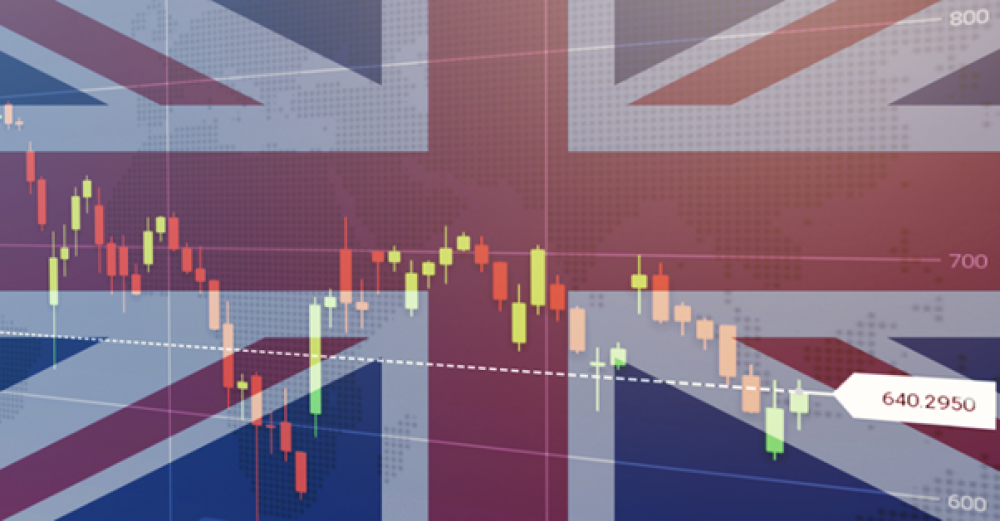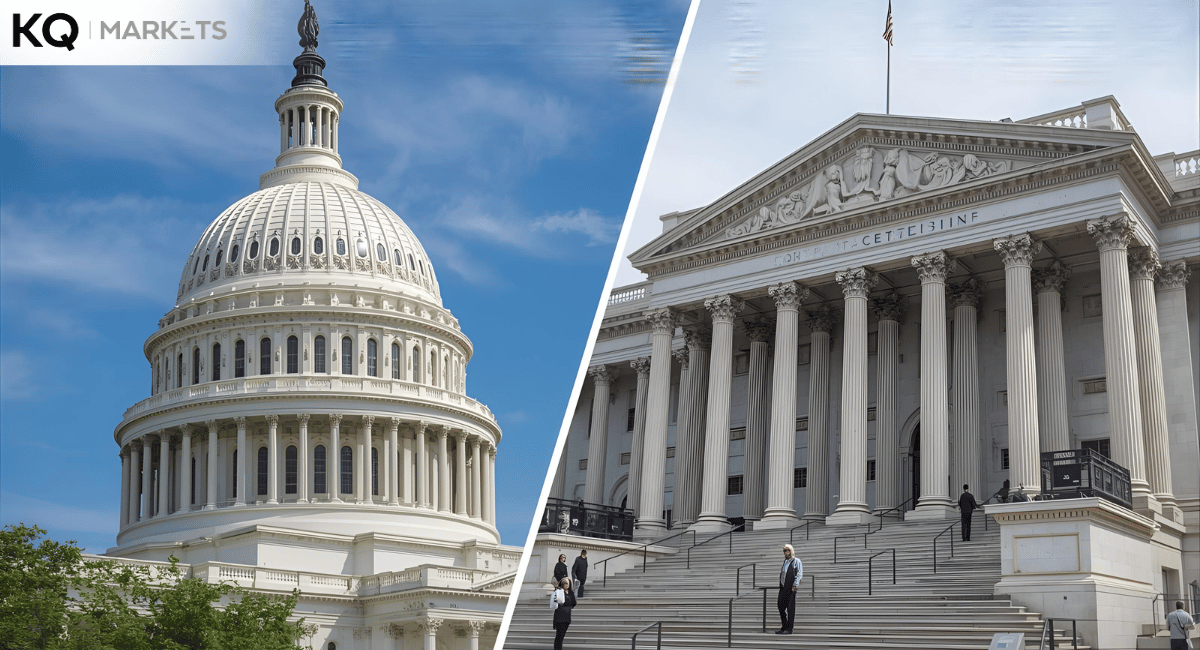The UK currency traded at around $1.18. This threshold was $0.04 less than its weakest level in 37 years. The report showcases the underscoring UK economy challenges right now. It now appears like no effort might halt the UK pound from attaining new lows. Other reports show that inflation might surpass 18% by next year, and households countrywide might fall into energy poverty during winter. Well, the UK finance report is deteriorating daily. Experts say the Bank of England has no other consensus option left but to sink the economy into a recession that can result in unemployment & price pressures.
The central bank has forecasted a five-quarter economic recession beginning this year. So, are there worse downsides to expect from the recession? Senior currency strategists across New York believe the sterling pound might hit the lowest levels even if the economy improves. Hence, hitting back to 1.40 or $1.45 is pretty complicated. The power prices surge, spreading through all financial markets due to the higher inflation forecasts. Therefore, top traders say that the Bank of England should be more aggressive.

Financial markets now indicate benchmark interest rate expectations to be 4.25% by next year. This level will mark the highest score since 2008. Therefore, bond yields would shoot up, too, with rates in ten years hitting 2.59%. In simple terms, higher rates might result in a stronger currency. However, the circumstances are different for the UK. On the other hand, some investors believe that further aggressive rate hikes in interest rates to lower inflation might worsen the UK economic malaise. They say it will expose the UK to the worst recession in the Euro & US region.
Generally, rates might not remain the most convenient approach to support financial markets during inflation hikes. Other techniques might also work better. Thus the Bank of England must contemplate the best available alternative options. For instance, the UK inflation hit a 10.1% 40-year high year-on-year in July. Rationalizing prices for energy, housing, and household products might be the way to go.
Overall, yields on the United Kingdom short-end benchmark bonds sensitive to monetary policy changes might increase with a record high in September. Raising interest rates to 2.82% and raising the two-year yields by 111 basis points marks the highest since the 2008 global financial crisis. Above all, most central banks worldwide have announced more rate hikes to help curb exported inflation. Other factors to check out include the COVID-19 restrictions in China and the Russia-Ukraine invasion.





